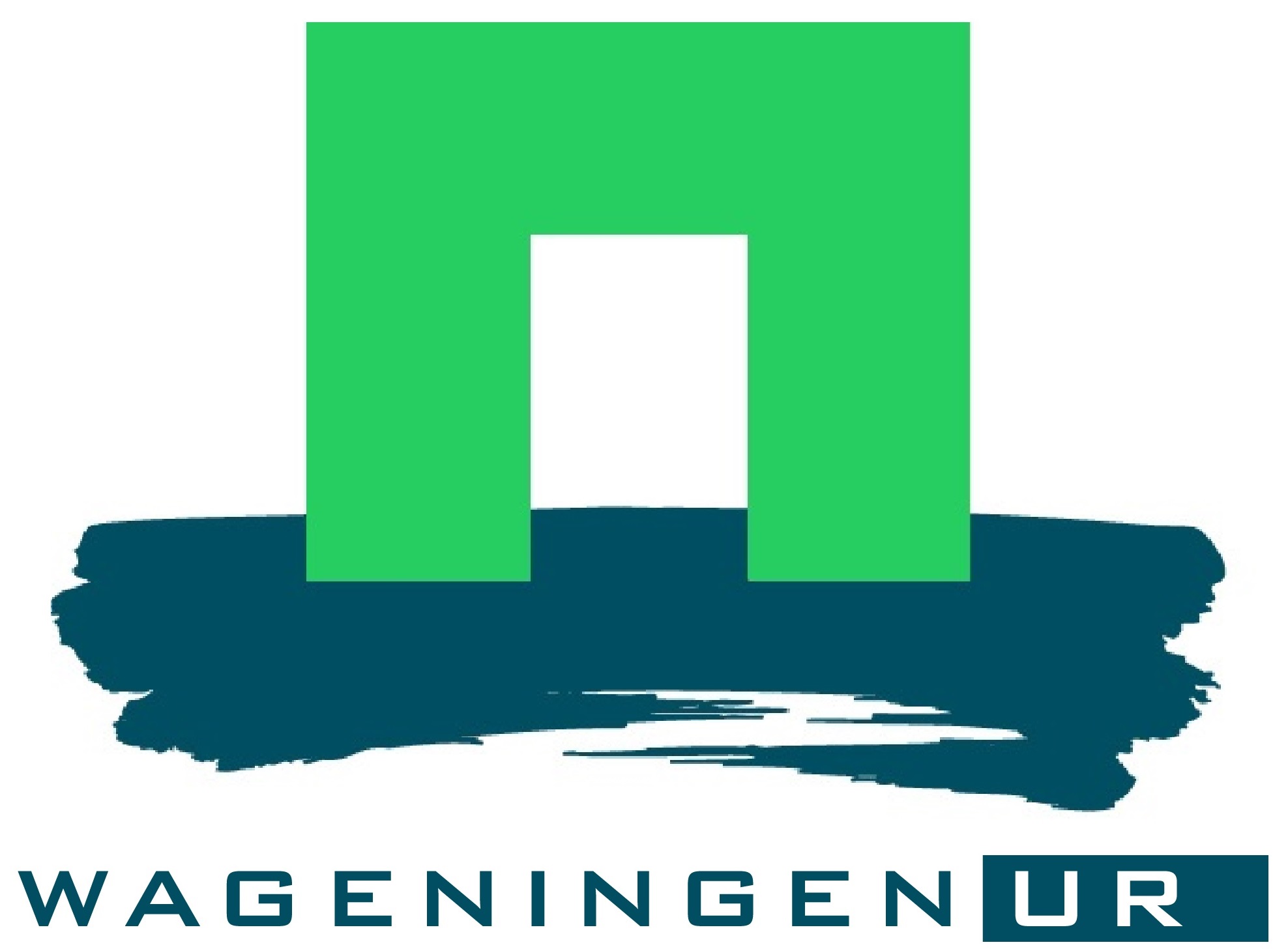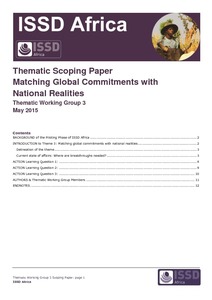Location
6700 HB Wageningen
Wageningen University & Research is a collaboration between Wageningen University and the Wageningen Research foundation.
That is the mission of Wageningen University & Research. A staff of 6,500 and 10,000 students from over 100 countries work everywhere around the world in the domain of healthy food and living environment for governments and the business community-at-large.
The strength of Wageningen University & Research lies in its ability to join the forces of specialised research institutes and the university. It also lies in the combined efforts of the various fields of natural and social sciences. This union of expertise leads to scientific breakthroughs that can quickly be put into practice and be incorporated into education. This is the Wageningen Approach.
The scientific quality of Wageningen University & Research is affirmed by the prominent position we occupy in international rankings and citation indexes.
The domain of Wageningen University & Research consists of three related core areas:
- Food and food production
- Living environment
- Health, lifestyle and livelihood
Wageningen University & Research has branches all over The Netherlands and abroad. A large number of lecturers, researchers and other employees are based at Wageningen Campus.
Members:
Resources
Displaying 36 - 40 of 210Tweede externe audit van de Basisregistratie Kadaster : rapportage en verklaring over de kwaliteit van de BRK
De kadasterwet stelt dat er elke drie jaar een audit moet plaatsvinden op de kwaliteit van de authentieke gegevens van de Basisregistratie Kadaster In 2015 heeft Alterra voor de tweede maal deze audit uitgevoerd d.m.v. interviews en literatuurstudie. Dit rapport bevat de bevindingen en aanbevelingen van deze audit, inclusief een verklaring over de kwaliteit van de Basisregistratie Kadaster.
Quantifying the effects of management on ecosystem services
Dit proefschrift onderzoekt de effecten van landbeheer op ecosysteemdiensten. Landbeheer betreft de menselijke activiteiten die landgebruik ondersteunen. Het geheel werd toegepast in drie case studies, variërend van landschap- tot bioomniveau: in Nationaal Landschap 'Het Groene Woud' in Noord Brabant (Hoofdstuk 3), mangrovesystemen in Java, Indonesië (Hoofdstuk 4), en voor ‘rangelands’ op globale schaal (Hoofdstuk 5).
Spatial modelling and ecosystem accounting for land use planning: addressing deforestation and oil palm expansion in Central Kalimantan, Indonesia
Ecosystem accounting is a new area of environmental economic accounting that aims to measure ecosystem services in a way that is in line with national accounts. The key characteristics of ecosystem accounting include the extension of the valuation boundary of the System of National Accounts, allowing the inclusion of a broader set of ecosystem services types such regulating services and cultural services. Consistent with the principles of national account, ecosystem accounting focuses on assessment of the contribution of ecosystem in generating benefits for human well-being.
Understanding the roles of forests and tree-based systems in food provision
Forests and other tree-based systems such as agroforestry contribute to food and nutritional security in myriad ways. Directly, trees provide a variety of healthy foods including fruits, leafy vegetables, nuts, seeds and edible oils that can diversify diets and address seasonal food and nutritional gaps. Forests are also sources of a wider range of edible plants and fungi, as well as bushmeat, fish and insects.





